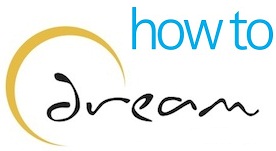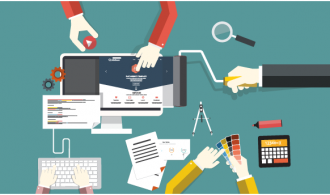Academic transcription can cover a broad range of educational needs including research interviews, training programs, lectures, conferences, and research focus groups. Though each of these situations can benefit from transcription, transcription can make a tremendous difference in the efficacy of research focus groups. The time spent in these settings can be even more effective with the proper documentation.
Types of Research Focus Groups
Client Participant: In some cases, a client needs to be represented in a focus group. If this is the case, a representative can participate on behalf of the client and contribute their thoughts and ideas.
Dual Moderator: A focus group without a moderator can be a disaster waiting to happen. By having two or more moderators, the group can be even more efficient. The moderators can ensure that the gathering will run smoothly and that all topics are covered.
Mini: A mini focus group is exactly as it sounds—a downsized version of a typical group which would consist of a varied panel of members. This smaller group size often consists of five or fewer members.
Online: Nowadays, technology makes it possible to host moderations online without the panel members ever having to be all present in the same room. Online focus groups can be just as effective as any other type of group.
Respondent Moderator: At times, the moderator can appoint a participant to temporarily act in his or her place. Only one respondent may fill this role at a time.
Teleconference: Conference calls are common in all aspects of business and education. By hosting a teleconference focus group, more individuals can participate and it doesn’t limit the group to local students or experts.
Two-Way: In this unique circumstance, two focus groups meet with the purpose of one group observing and reacting to the other. When the observation is complete, the group which did the observing can discuss the events and make their own conclusions.
How Research Focus Groups Can Benefit From Transcription
With such a varied array of focus groups in academic settings, it’s no wonder that these groups can benefit from academic transcription services.
Make Sure Everyone’s Voice is Heard: One of the most important reasons for a focus group to seek the assistance of a transcription company is for the simple fact that everyone’s voice needs to be heard. In a setting with so many participants and such lengthy discussions it’s vital that each comment is recorded is documented for future reference.
Create a Shareable Document: Another great reason for focus groups to pursue transcription is for the simple fact that the final document will be shareable. As discussed previously, there are many participants involved in the process and a shareable document would benefit all parties involved.
Transcriptions Are Searchable: Last, but certainly not least, is the fact that transcriptions are searchable. Panel members can easily refer to the finished document and quickly search for and access specific information that they’re seeking.
By seeking the assistance of qualified academic transcriptionists, any research focus group would be pleased with the beneficial outcome.

